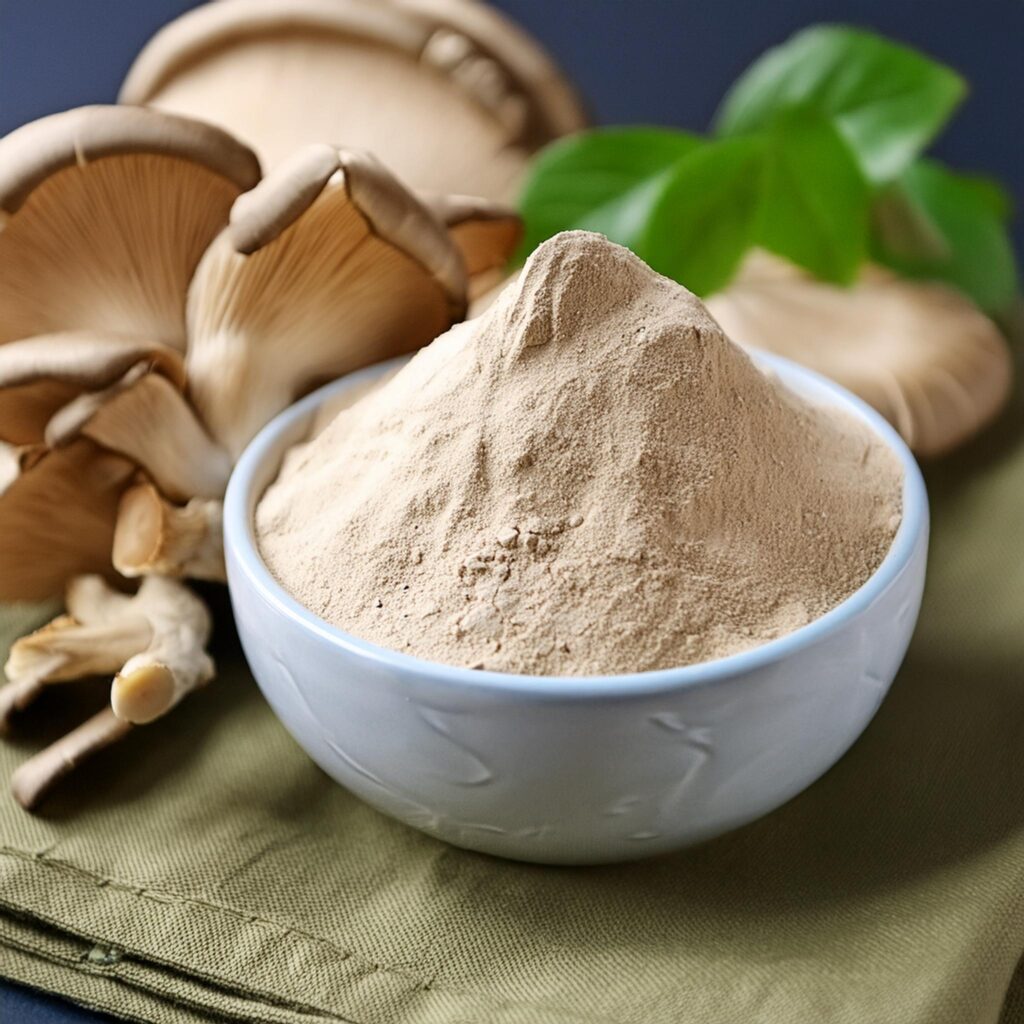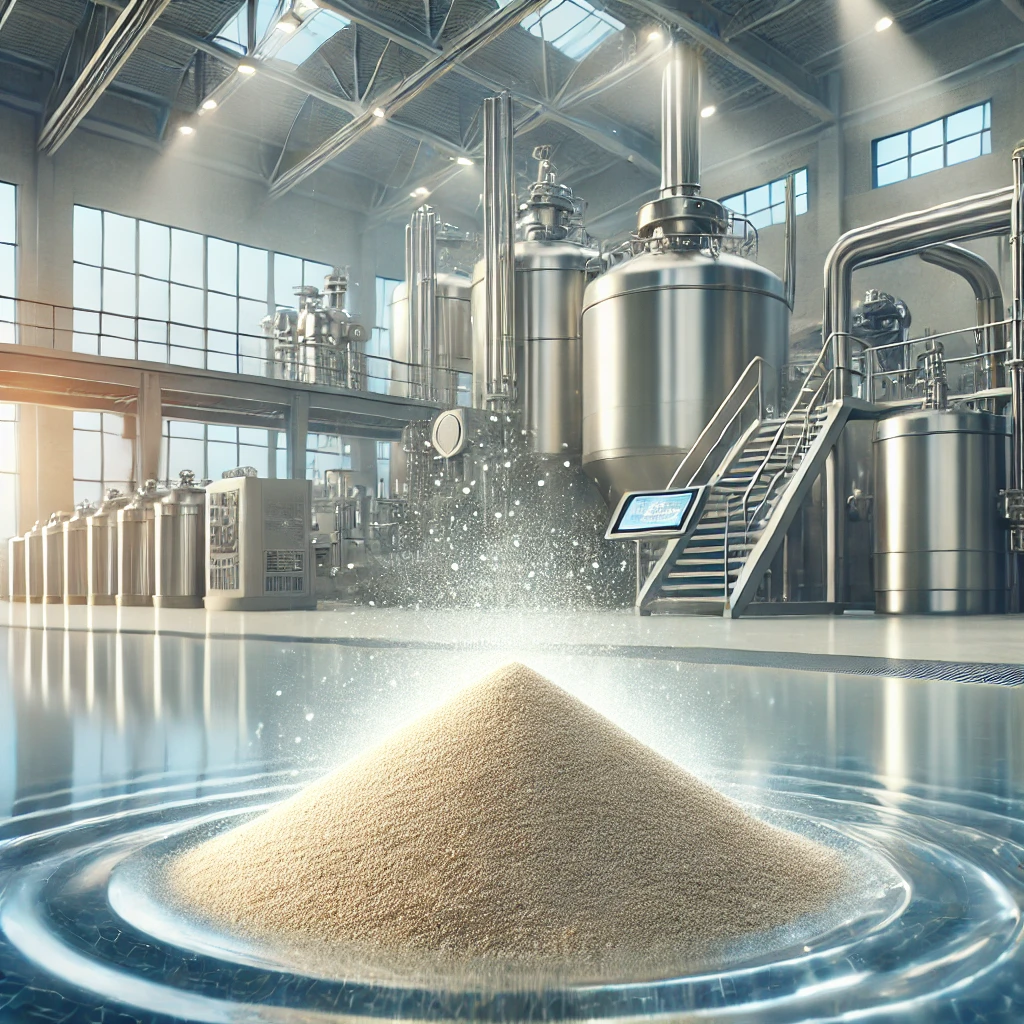Carboxymethyl Chitosan
Advanced Solutions for Pharmaceutical and Industrial Applications
Chitosan Global is a leading supplier of high-quality Carboxymethyl Chitosan (CMC), a versatile biomaterial known for its outstanding applications across multiple industries, including pharmaceuticals, biomedical, and agriculture. If you’re looking to buy Carboxymethyl Chitosan at competitive wholesale prices, we offer a range of products to meet the needs of your business.
What is Carboxymethyl Chitosan?
Carboxymethyl Chitosan is a chemically modified derivative of chitosan. The process involves introducing carboxymethyl groups into the chitosan structure, which enhances its solubility, bioactivity, and overall functionality. The result is a biocompatible, biodegradable polymer that holds significant potential across various fields.
With its improved water solubility and versatile applications, Carboxymethyl Chitosan has become a key ingredient in several drug delivery systems, wound healing formulations, and biomedical devices. Its ability to enhance drug bioavailability and permeation across biological barriers makes it particularly useful in medical and pharmaceutical sectors.
Primary Uses of Carboxymethyl Chitosan
- Pharmaceutical Drug Delivery
Carboxymethyl Chitosan serves as an effective carrier for pharmaceutical agents, significantly improving the bioavailability and controlled release of drugs. The polymer’s mucoadhesive properties allow it to stay longer in contact with mucous membranes, which enhances drug absorption and ensures targeted delivery. - Enhanced Permeability
The presence of carboxymethyl groups in Carboxymethyl Chitosan increases its ability to enhance drug permeation across biological membranes. This is especially beneficial in transdermal and oral drug delivery systems, where improving drug absorption is a primary goal. - DNA and Gene Delivery
Carboxymethyl Chitosan has been explored as a DNA delivery system, facilitating the entry of genetic material into cells. By forming complexes with DNA, this modified chitosan variant offers a promising approach in gene therapy and gene-based treatments. - Antimicrobial Applications
Due to its antimicrobial properties, Carboxymethyl Chitosan is also employed in the formulation of antimicrobial agents, wound dressings, and sterilizing materials. Its effectiveness against bacteria and fungi makes it a valuable asset in medical and personal care products. - Nanoparticles and Biomedical Applications
Carboxymethyl Chitosan nanoparticles have shown promise in biomedical applications, such as controlled drug delivery, cancer therapies, and medical imaging. The formation of nanoparticles from Carboxymethyl Chitosan allows precise control over the release and dosage of active substances. - Wound Healing
With its ability to adhere to wounds and promote tissue regeneration, Carboxymethyl Chitosan is widely used in wound dressings. The polymer helps speed up wound healing by promoting cellular growth and reducing the risk of infections.
Key Benefits of Carboxymethyl Chitosan
- Enhanced Water Solubility: One of the standout features of Carboxymethyl Chitosan is its improved water solubility, which makes it ideal for use in liquid formulations, oral delivery systems, and injectables.
- Degree of Deacetylation (DDA): The Degree of Deacetylation (DDA) determines the effectiveness of the polymer in various applications. Higher DDA increases the solubility and bioactivity, making it better suited for drug delivery and other high-performance uses.
- Biocompatibility and Biodegradability: As a natural polymer, Carboxymethyl Chitosan offers excellent biocompatibility, making it a safe choice for medical and consumer applications. It is also biodegradable, which ensures minimal environmental impact after use.
Molecular Weight: Molecular weight is a significant property of chitosan that influences its viscosity, solubility, and biological activity. It is usually measured in kilodaltons (kDa) and can vary widely depending on the source and preparation method of the chitosan. Higher molecular weight chitosan tends to have higher viscosity and may form gels, while lower molecular weight chitosan is more soluble and easier to process. Understanding the molecular weight of chitosan is essential for tailoring it to specific applications, such as drug delivery, food preservation, and water treatment.


Certificate of Analysis (CoA)
The Certificate of Analysis (CoA) provides detailed information about the specific batch of chitosan, including its purity, degree of deacetylation, molecular weight, and any contaminants. This document ensures that the product meets the required specifications and standards. It is essential for verifying the quality and consistency of chitosan used in various applications. For example, here is a link to the CoA for -
Carboxymethyl Chitosan Pricing
- Sample – 500 grams 60-80 Mesh- Free Shipping Buy Now
- Sea source chitosan
1. 1-25 Kg ($188)
2. 100 kg ($178) - Fungal source chitosan
3. 1-25 kg ($273)
4. 100kg ($254) - Container – Ton Weight
For more detailed pricing or bulk inquiries, feel free to reach out directly.
Why Choose Chitosan Global?
- High-Quality Materials: Our products meet the highest standards for bioavailability, safety, and effectiveness.
- Competitive Wholesale Prices: We offer some of the most competitive prices on Carboxymethyl Chitosan available in the market.
- Reliable Supply Chain: We ensure a consistent supply of Chitosan to meet the demands of our customers.
- Expert Consultation: Our team of experts is available to guide you through selecting the right Carboxymethyl Chitosan grade for your specific needs.
Ready to buy? Reach out to Chitosan Global for more details or to place an order:
- info@shieldnutra.com
- +1 423 202 6145
- Johnson City, Tennessee
We are dedicated to providing premium-quality Chitosan for your pharmaceutical, industrial, and biomedical needs. Let us support your business with high-performance materials that deliver results.
